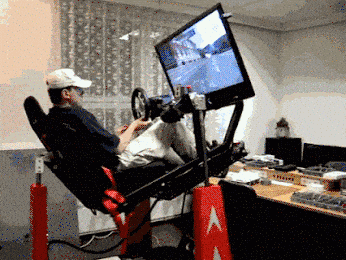- TECHSWU
- Posts
- TECHSWU #58
TECHSWU #58
Welcome to TECHSWU, your go-to destination for all things tech that matter in your daily life!



Researchers from Stanford University have developed a method to teach humanoid robots complex movements by imitating human actions. Using a reinforcement AI model and a single RGB camera, the researchers trained a humanoid robot to mimic human motions in activities such as playing tennis, boxing, playing the piano, and typing.
The robots were able to "shadow" human movements by observing a human operator's body and hand movements through the camera and then recreating them. This method, referred to as "shadowing," allowed the robots to replicate human movements more naturally and efficiently.
The researchers believe that by mimicking humans, humanoid robots could tap into the rich repertoire of skills and motion exhibited by humans, potentially leading to advancements in general robot intelligence.
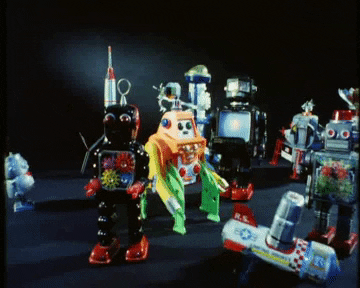

Xreal has unveiled the Xreal Beam Pro, an Android-based mobile companion device designed to make augmented reality (AR) glasses more accessible. The Beam Pro connects to Xreal AR glasses and brings Google Play Store apps into the 3D space, creating a spatial touch to internet browsing.
The device, priced at around $200, allows users to access their favourite apps, social media content, streaming entertainment, professional needs, and gaming platforms in a 3D-aware AR environment. The Beam Pro runs on a Snapdragon platform from Qualcomm and Android 14.
It features dual 50-megapixel 3D cameras for creating high-definition spatial videos and images. Xreal has already sold hundreds of thousands of its AR glasses and raised $60m in funding earlier this year.

Octopus Energy and Tesla have joined forces to install Powerwall systems in homes, revolutionizing home energy production and storage. The partnership aims to provide households with sustainable energy solutions, allowing them to save money, optimize energy use, and contribute to a more resilient and sustainable energy future.
Octopus Energy, now a certified installer of Tesla Powerwall systems in the UK and Spain, offers special tariffs that enable customers to charge their batteries at lower energy prices. The integration of Powerwall with Octopus Energy's smart pricing plans allows for the automation of battery charging and the selling of stored energy back to the grid, supporting grid stability.
This collaboration showcases a commitment to clean technology and represents a significant advancement in renewable energy adoption. With plans to expand its offerings to include solar panels, heat pumps, electric car chargers, and smart meters, Octopus Energy is dedicated to accelerating the transition to sustainable energy.

Telecom operator Orange is deploying a private 5G network for broadcasters covering the Paris 2024 Olympics. The operator will set up a standalone private 5G network at key venues during the games, offering high upload speeds, ultra-low latency and enhanced security.
Additionally, Samsung announced plans to use the private 5G network to stream HDR footage of the opening ceremony, with more than 200 Galaxy S24 Ultra smartphones installed on 85 vessels that will transport athletes. Orange expects its private network to be separate from the public infrastructure it is providing for the event, which it hopes will encourage consumer upgrades.
The operator's Olympic contract includes over 120 venues throughout Paris. Private 5G networks have gained popularity for their ability to improve sports broadcasting, with T-Mobile using the technology at a golf tournament in May.


A new study has shown that artificial intelligence (AI) and computer simulations can help train robotic exoskeletons, potentially making them more accessible to the masses. Exoskeletons have the potential to greatly improve human mobility, but their development and dissemination have been limited due to the need for lengthy human tests and handcrafted control laws.
The study demonstrated that AI can assist in training and controlling wearable robots, leading to improved efficiency and energy savings for users. In tests with human subjects, participants using the robotic exoskeleton experienced reductions in metabolic energy expenditure when walking, running, and climbing stairs.
While there are still limitations and challenges to overcome, such as expanding the study to people with impaired abilities, the researchers envision a future where customizable exoskeletons can adapt to individual needs and movements. This study brings us one step closer to realizing the potential of exoskeleton technology in improving human mobility.
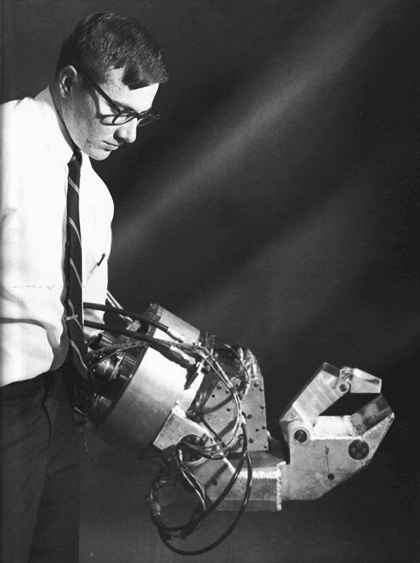

Tap Systems has unveiled TapXR, a new input device at the Augmented World Expo 2024 that is set to revolutionize how we interact with spatial computing environments. TapXR is a wrist-worn controller that promises to make complex gestures in both XR and traditional computing environments easy, accurate, and comfortable.
It can detect over 35 distinct gestures with 99% accuracy, thanks to its patented opto-mechanical technology that combines image sensors with mechanical sensors. The TapXR module weighs just 14 grams and can be worn on the wrist or tethered to any smartwatch.
It is compatible with various smart glasses and can be paired with any device supporting Bluetooth input, making it an ideal input solution for gaming and professional productivity. Tap Systems has also launched a comprehensive software development kit (SDK) alongside TapXR, allowing developers to integrate multi-finger gestures into their applications.
TapXR is programmable and customizable, and it offers a sleek design and long battery life. It is now available for $199.

Chirp, a decentralized telecommunications network, has partnered with Streamr, a peer-to-peer network for real-time data sharing, to revolutionize IoT data sharing. Chirp collects extensive data from IoT devices and mobile devices, while Streamr enables the real-time transfer of large data volumes without relying on a centralized server.
Through this partnership, Chirp will be able to transmit its IoT data through Streamr's Hub, making it accessible on the blockchain and allowing for data monetization. The collaboration also aims to explore an incentivization program for Chirp's users, encouraging them to share data from their IoT devices in exchange for rewards.
This partnership marks a significant advancement in decentralized telecommunications and data sharing, offering unprecedented access to real-time data streams and fostering a more connected and data-rich world.

The rise of wearable fitness devices, like the Whoop fitness wrist device, may be negatively impacting our intuition and mental health, according to Ian Field. While these devices are designed to help users monitor and improve their physical health, they may be causing anxiety and obsession instead.
Field explains that when our wearable devices tell us that our internal metrics are off, even if we feel great, it can trigger negative thoughts and worry about our health. He suggests that relying too heavily on wearables can sever our intuitive connection with our bodies and lead to a decline in mental and physical health.
While he acknowledges that wearable technology can be beneficial for certain populations, such as athletes or those with medical conditions, he encourages users to listen to their own intuition and not rely solely on external devices. Field also expresses concern about the future integration of AI into wearables, which may further eliminate our need to connect with our bodies and could have negative consequences for mental health.
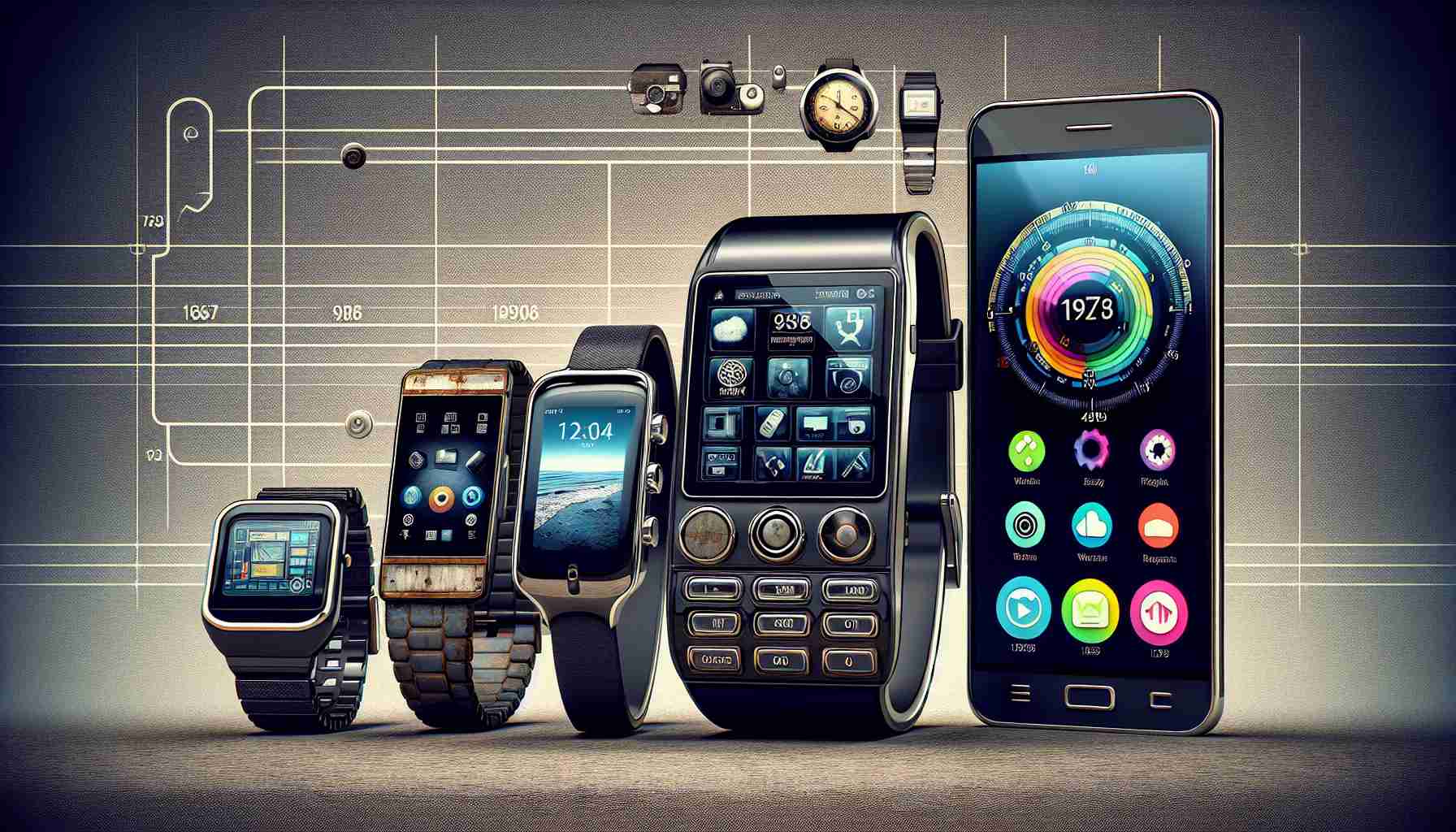
Smartphones and wearable technology are undergoing a revolution thanks to the integration of artificial intelligence (AI) features. These advancements are transforming user experiences, functionalities, and capabilities in smart devices.
From voice assistants to personalized health monitoring and augmented reality applications, AI integration is enhancing consumer interaction and satisfaction. As the demand for smart gadgets continues to grow, along with continual advancements in AI, the market for AI in smartphones and wearables is expected to expand significantly.
Key players in the industry are adopting strategic measures to drive market growth, and the market segmentation includes AI applications such as voice assistants, health monitoring, and personalization. The evolving landscape of smart devices presents lucrative opportunities for growth and development, but also raises questions about data privacy, ethical implications, and electronic waste.
Overall, the integration of AI offers enhanced user experiences, improved health monitoring, and increased efficiency in daily tasks and communication. However, there are concerns regarding data privacy, reduced human interaction, and the environmental impact of electronic waste.
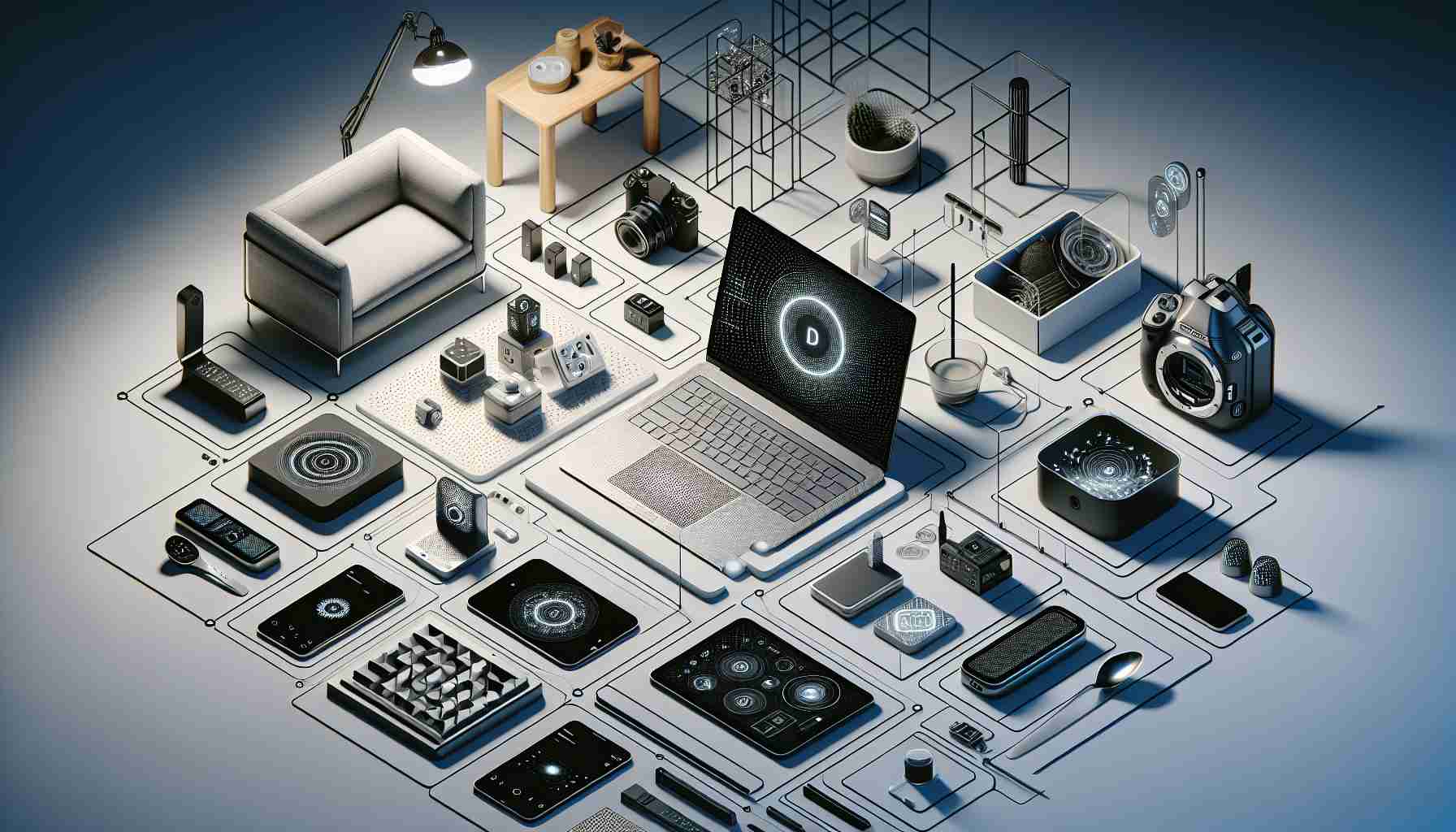
In a world overwhelmed by smartphones and constant connectivity, a new trend called digital minimalism is emerging. It challenges the idea that we need to be constantly plugged in and connected, offering a simpler and more intentional way of living.
This movement is being made possible by innovative gadgets that strip away unnecessary features and focus on essential functions like being a basic phone, alarm clock, music player, and note taker. These minimalist devices promote mindfulness and reduce screen time, offering a refreshing alternative to the distractions of modern technology.
As society grapples with the implications of constant connectivity, many people are seeking ways to foster genuine human interaction and mindful living. Whether it's through embracing minimalist gadgets or reevaluating our relationship with smartphones, the quest for balance in a hyperconnected world remains crucial.

Swiss cities are turning to smart lighting solutions in order to save energy and reduce carbon emissions. Lighting accounts for a significant amount of a city's energy consumption and carbon footprint, making it a target for energy-saving efforts.
By upgrading streetlights to LED-based systems and implementing smart technologies, cities can achieve significant cost savings and environmental benefits. In Switzerland, over 460 cities have been labeled as "Energy Cities" for their outstanding results in energy efficiency and sustainability.
Three cities in Ticino canton, Bellinzona, Chiasso, and Massagno, have successfully implemented smart lighting solutions provided by Swiss IoT expert Paradox Engineering. These solutions have led to reduced energy consumption, improved cost-savings, and enhanced quality of life for citizens.
By leveraging smart lighting, Swiss cities are making progress in their commitment to energy efficiency and greenhouse gas reduction.


The webpage is a review of the game Assassin's Creed Mirage for iOS. The author begins by discussing how Apple products are not typically associated with gaming, but acknowledges that they have made strides to change that perception.
They credit Apple's new system on a chip series, starting with the M1 chip, for providing mobile products with close to mid-range gaming PC power. The review goes on to praise the graphics and performance of Assassin's Creed Mirage on iOS devices, stating that it looks and runs amazing on the platform.
The author highlights the fun of sneaking around and completing objectives without being detected, and recommends using a wireless controller for optimal gameplay. They also note that cross-progression is supported, allowing players to transfer their saves from PC or console versions.
Overall, the review concludes by stating that as long as players don't mind the 30fps framerate and have a controller and charger nearby, they will have just as much fun, if not more, playing Assassin's Creed Mirage on iOS.

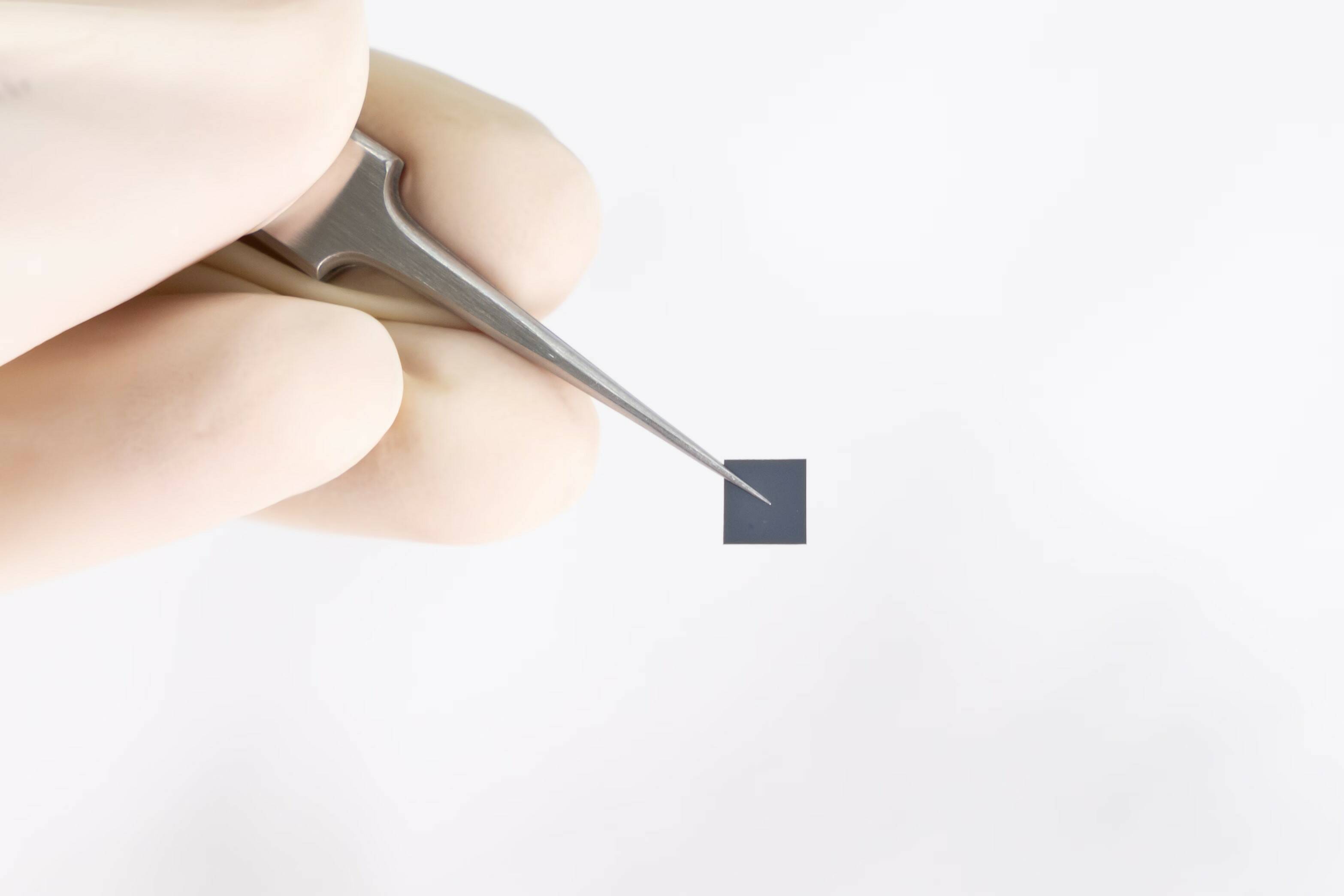
TDK Corporation, a Japanese tech company, has developed a new solid-state battery that boasts a hundred times the energy density of its previous products. The battery, part of TDK's CeraCharge lineup, has an energy density of 1,000 watt-hours per liter and is made from an oxide-based solid electrolyte and lithium alloy anodes.
While high-capacity batteries are in demand for electric vehicles and data centers, TDK intends its new CeraCharge batteries to replace button cell or coin models. The company predicts that these next-generation batteries will be used in wearables such as wireless earphones, hearing aids, and smartwatches.
While TDK's solid-state battery is small and may not have enough power to run a smartphone or laptop on its own, it aims to replace non-rechargeable button cell batteries and reduce pollution. TDK also plans to enhance the capacity of its batteries in the future and expand their use in electronics and other applications.

Ferrari's first electric car will cost over $500,000, showing the luxury automaker's confidence that wealthy drivers are ready for an EV despite increased competition and reduced demand in the mass-market segment. The planned price for the electric model is well above the average sale price for a Ferrari in the first quarter of this year, as well as the starting price for rival luxury EVs.
The Italian brand, known for its roaring petrol engines, will launch the electric car late next year. The company is also set to open a new plant in Maranello, Italy, which will make the EV along with petrol and hybrid cars and components for hybrids and EVs.
While increasing production capacity comes with risks of compromising exclusivity, Ferrari is optimistic that there is enough demand to justify the expansion.


